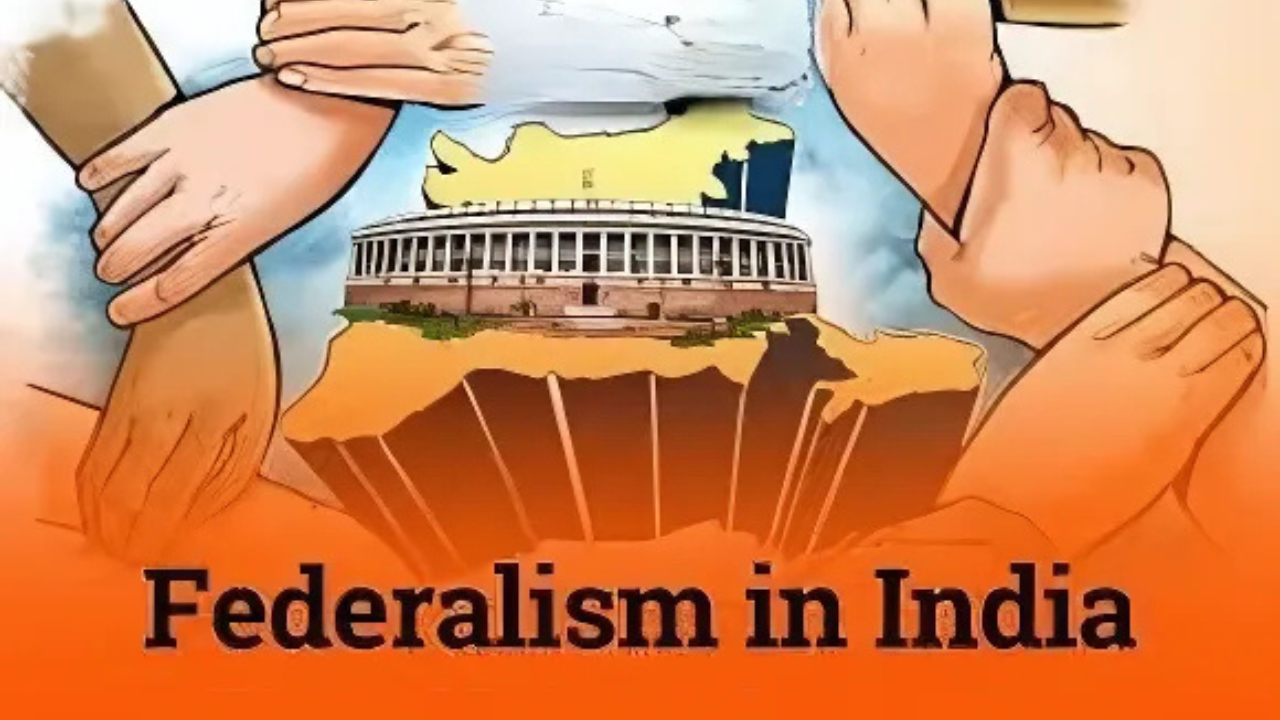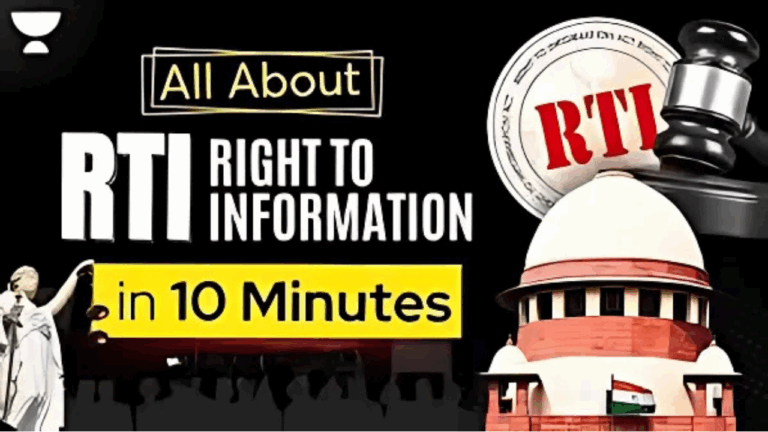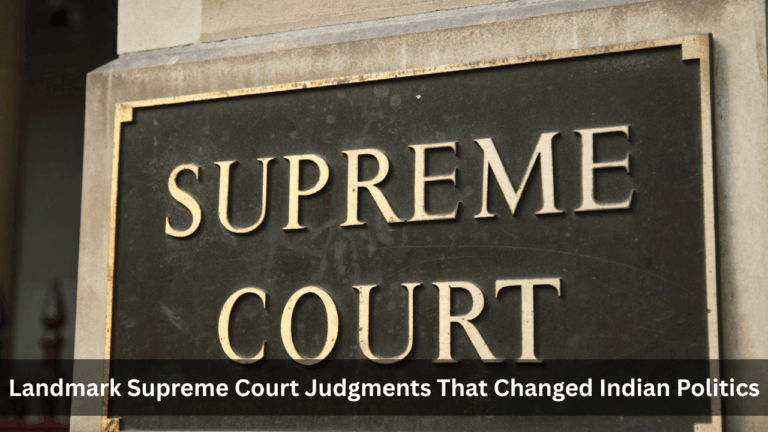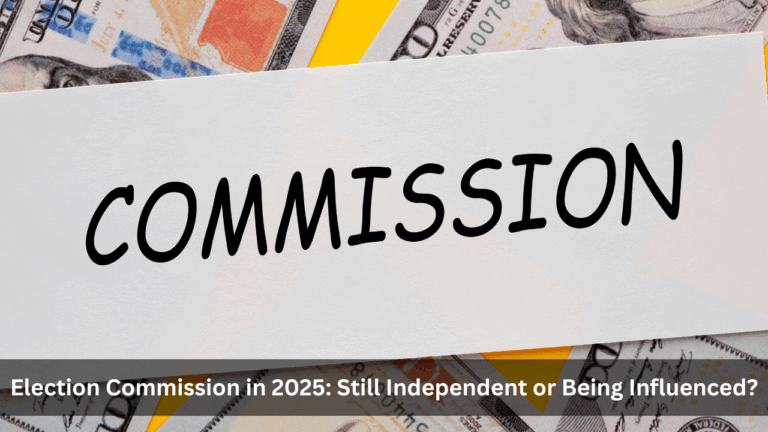Federalism in India 2025: How Power Between Centre and States Is Shifting
Why States Are Speaking Louder on Issues of Power Sharing
India is a federal country, which means both the Centre and States have powers to make laws and run the government. But in 2025, many states are raising their voice, asking for more freedom and less control from the Centre.
This detailed report from Scoopearth explains the recent developments, why states feel left out, and how this affects the people of India.
Centre vs. State: What Is Federalism?
India follows a federal system, but with a strong Centre. The Constitution divides topics between:
| List | Who Has Power |
| Union List | Only Central Govt (e.g. Defence, Railways) |
| State List | Only State Govts (e.g. Police, Agriculture) |
| Concurrent List | Both Can Make Laws (e.g. Education, Forests) |
But often, the Centre ends up having more power, which is causing tensions in recent times.
What’s Happening in 2025?
Supreme Court on Governor Powers
The Supreme Court recently ruled that Governors must act fast on bills passed by State Assemblies. This came after Tamil Nadu complained that its bills were kept pending for too long. The court said, “Governors cannot delay or block state laws unfairly.”
This is seen as a win for state governments.
Fear Over Delimitation
Many southern states are worried about the upcoming delimitation exercise, which could increase the number of Lok Sabha seats based on population. Since states like Tamil Nadu and Kerala controlled their population better, they fear losing political power to states with higher population like UP and Bihar.
Leaders are asking for fair representation based on development, not just numbers.
Drop in Central Funding
Maharashtra and some other states have claimed that the Centre has reduced funds for state schemes. Maharashtra submitted a report to the Finance Commission saying that the state is getting less help from Delhi, despite contributing more to the economy.
This raises questions on fair distribution of money among states.
Education Policy Row
Tamil Nadu again made headlines by saying that education should be moved fully to the State List. It wants full control over school policies and language of teaching. The current system allows the Centre to decide a lot under NEP (National Education Policy).
Why This Matters to Common People
You may ask — how does this power fight affect me?
Here’s how:
- If your state has less say in education, your school syllabus might change often.
- If the Centre cuts funds, your local roads, hospitals, and ration shops may suffer.
- If political power shifts too much to one side, it may not represent the whole country fairly.
What States Want in 2025
✅ More say in local development
✅ Freedom to make laws without delay
✅ Equal respect in Parliament and policy decisions
✅ Timely and fair sharing of tax money
States are not against the Centre — they just want balance and mutual respect.
Final Words from Scoopearth
India’s strength lies in its unity in diversity. Our states are different in language, culture, and needs — and that’s what makes federalism important. In 2025, it’s time for India to respect its states and make sure everyone gets an equal chance to grow.
✅ Bookmark Scoopearth for more political news in easy language
✅ Stay updated with real stories that matter to every Indian







